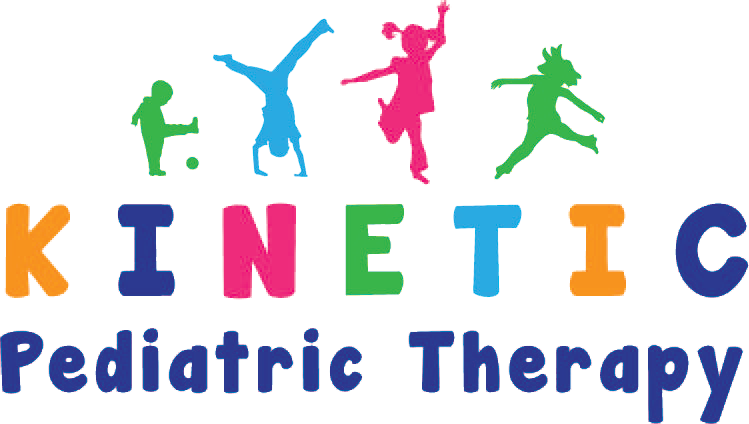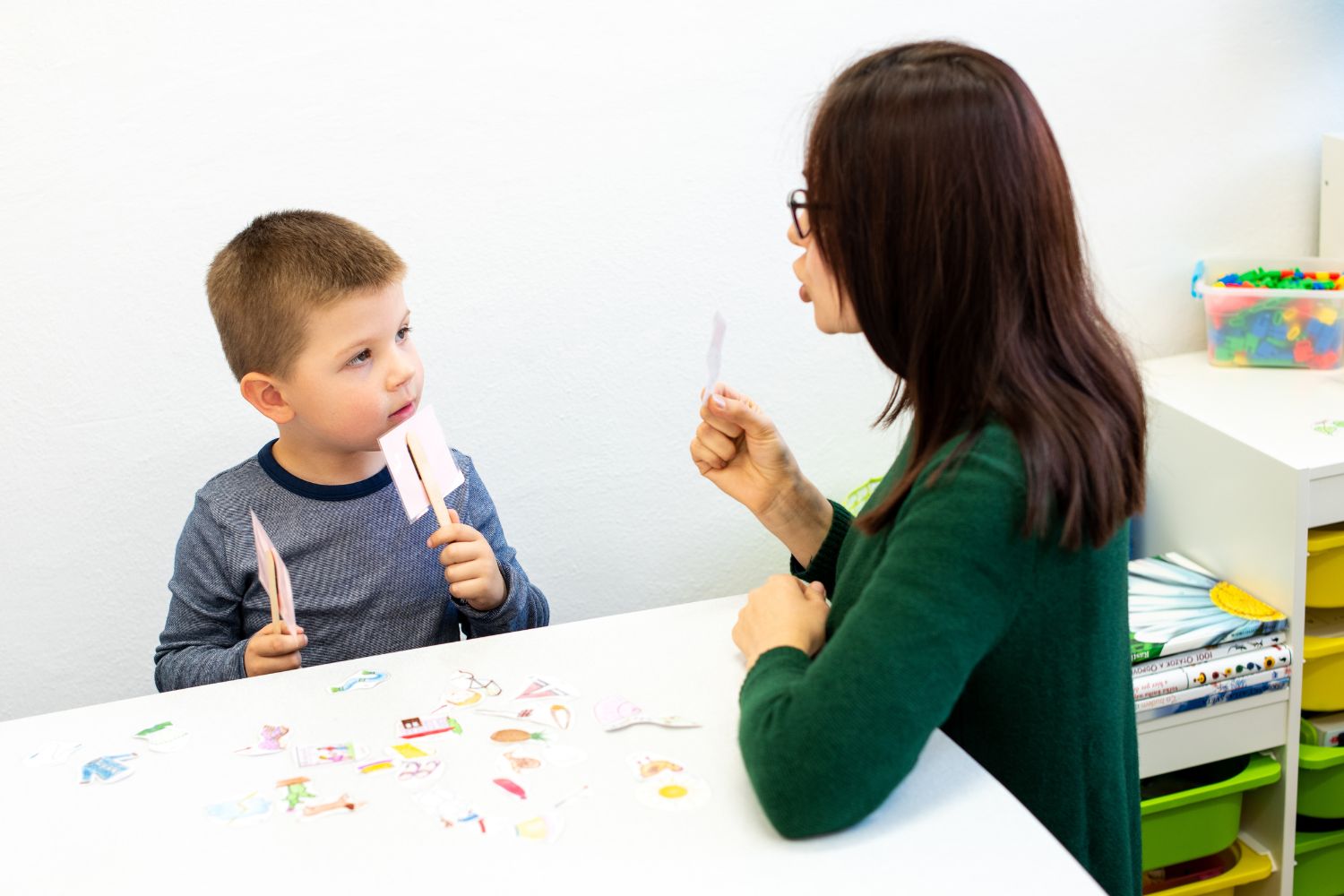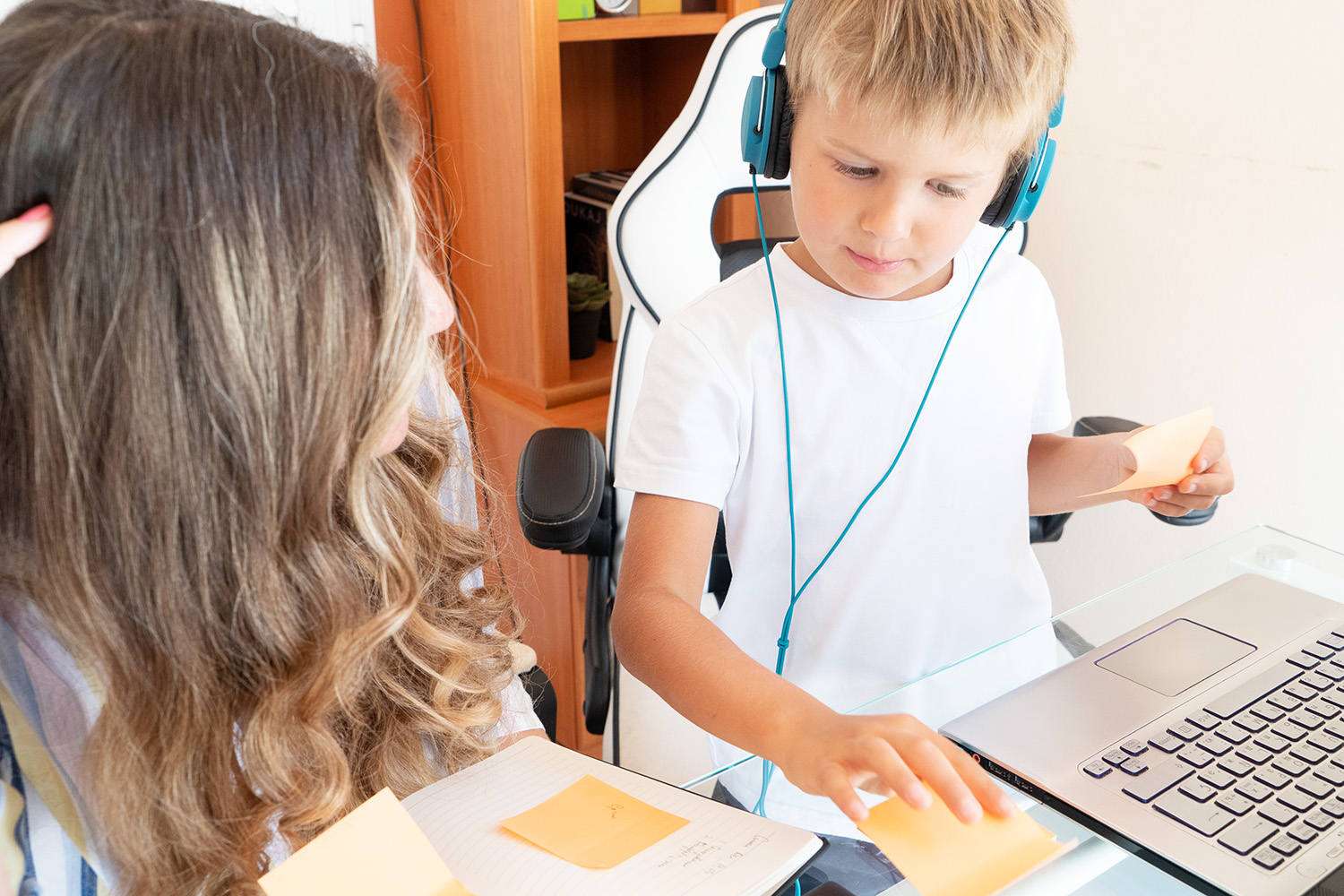
Building Confidence Through Speech Therapy
Helping Students Find Their Voice
Communication is one of the most essential skills students need to succeed academically and socially. However, for students with speech and language challenges, expressing themselves effectively can be a significant hurdle. Speech therapy is vital in helping these students develop communication skills that not only improve their academic performance but also enhance their self-esteem and social interactions. Building confidence through speech therapy empowers students to find their voice, participate actively in classroom discussions, and form meaningful connections with peers.
The Importance of Communication Confidence for Building Confidence
Confidence in communication is fundamental to student success and for building confidence. It affects not only academic achievement but also social interactions, emotional well-being, and overall self-esteem. Students who struggle with speech challenges, whether it be articulation disorders, fluency issues (such as stuttering), or language comprehension difficulties, often experience anxiety and frustration when attempting to communicate. This can lead to avoidance behaviors, where students withdraw from classroom discussions, group activities, or even social interactions with their peers.
Speech therapy provides these students with the tools they need to overcome their communication challenges, fostering confidence in their ability to express themselves. The more students gain control over their speech, the more willing they are to engage in classroom activities, ask questions, and participate in conversations with their peers. Confidence in communication doesn’t just improve academic performance; it also allows students to feel more comfortable in social situations, making it easier for them to form friendships and navigate the social dynamics of school life.
How Speech Therapy Helps Students Find Their Voice
Contract speech therapists work with students to address a variety of speech and language challenges, each tailored to the individual needs of the student. This personalized approach ensures that therapy is effective and focuses on the areas where the student needs the most support. For students with articulation disorders, therapists help them learn how to produce specific sounds or correct mispronunciations, which can significantly improve their intelligibility and ability to communicate with others.
For students who struggle with fluency, such as those who stutter, speech therapy focuses on techniques to reduce disfluencies and build smoother, more confident speech patterns. Therapists work with students to help them manage their stuttering and reduce anxiety related to speaking, which often leads to more confident communication.
Language comprehension is another critical area addressed by speech therapy. Some students may have difficulty understanding complex instructions, following conversations, or grasping academic concepts because of underlying language processing issues. Speech therapists work on building receptive and expressive language skills, helping students better understand what is being said and more effectively communicate their thoughts and ideas.
As students progress through therapy, they begin to see improvements in their communication abilities, which naturally leads to increased confidence. When students realize that they can express themselves clearly and be understood by others, their self-esteem grows, and they become more willing to engage in classroom discussions and social activities.
Building Confidence and Empowering Students in the Classroom
One of the primary goals of speech therapy is to empower students to actively participate in classroom activities. Students with speech challenges often avoid raising their hand in class or contributing to group discussions because they fear being misunderstood or judged by their peers. This avoidance can lead to disengagement from the learning process, which negatively impacts their academic performance.
Speech therapists help students develop the communication skills they need to feel more confident in the classroom. Whether it’s learning how to articulate words clearly, using strategies to manage stuttering, or improving language comprehension, speech therapy provides students with the tools to express themselves effectively. As a result, students are more likely to participate in classroom discussions, ask questions when they don’t understand something, and engage in group activities.
This increased participation has a positive impact on academic performance. When students feel confident in their ability to communicate, they are more likely to take risks in their learning, such as sharing their ideas in front of the class or working collaboratively with their peers on a project. This engagement not only improves their academic outcomes but also enhances their overall school experience.
Benefits of Early Intervention Speech Therapy
The Social and Emotional Impact of Speech Therapy
Speech therapy doesn’t just improve communication skills; it also has a profound impact on a student’s social and emotional well-being. For students with speech and language challenges, social interactions can be a source of anxiety and frustration. Difficulty communicating can lead to social isolation, as students may struggle to connect with their peers or feel embarrassed about their speech difficulties.
By addressing these challenges, speech therapy helps students build the social communication skills they need to interact with others more confidently. Whether it’s learning how to engage in conversations, interpret nonverbal cues, or express emotions verbally, speech therapy enables students to develop stronger relationships with their peers.
This increased social confidence has a ripple effect on other areas of a student’s life. As students become more comfortable communicating with their peers, building confidence, they are more likely to participate in extracurricular activities, join school clubs, or engage in social events. This sense of belonging and connection is crucial for their emotional well-being, as it fosters a sense of community and support within the school environment.
Long-Term Benefits of Speech Therapy
The benefits of speech therapy extend far beyond the classroom. The communication skills that students develop in therapy will serve them throughout their lives, helping them navigate not only their academic journey but also their future personal and professional relationships. Strong communication skills are essential for success in any career, and the confidence that students gain through speech therapy will continue to benefit them as they enter adulthood.
Moreover, the self-esteem and confidence that students build through speech therapy have lasting emotional and psychological benefits. Students who feel confident in their ability to communicate are more likely to advocate for themselves, pursue leadership opportunities, and take on challenges that require strong verbal skills. This sense of empowerment is invaluable as students transition from school to adulthood, where communication becomes even more critical in both personal and professional settings.
Speech therapy plays a vital role in building confidence and empowering students to find their voice. By addressing speech and language challenges, therapists help students develop the communication skills they need to succeed academically and socially. The increased confidence that comes from effective communication leads to greater classroom participation, stronger social connections, and improved emotional well-being. For students with speech challenges, finding their voice through therapy is not just about improving speech—it’s about building a foundation of confidence and empowerment that will benefit them for the rest of their lives.
🗣️ Give your students the gift of clear communication with expert Pediatric Speech Therapy! Kinetic Pediatric Contract Therapy provides personalized speech therapy services to schools throughout North Carolina, helping children improve their speech, language, and communication skills. Our experienced speech therapists work closely with educators and families to ensure every child receives the support they need to thrive both academically and socially. 🌟 Empower your students to find their voice—bring our Pediatric Speech Therapy services to your school today and watch them succeed!
Please Share




